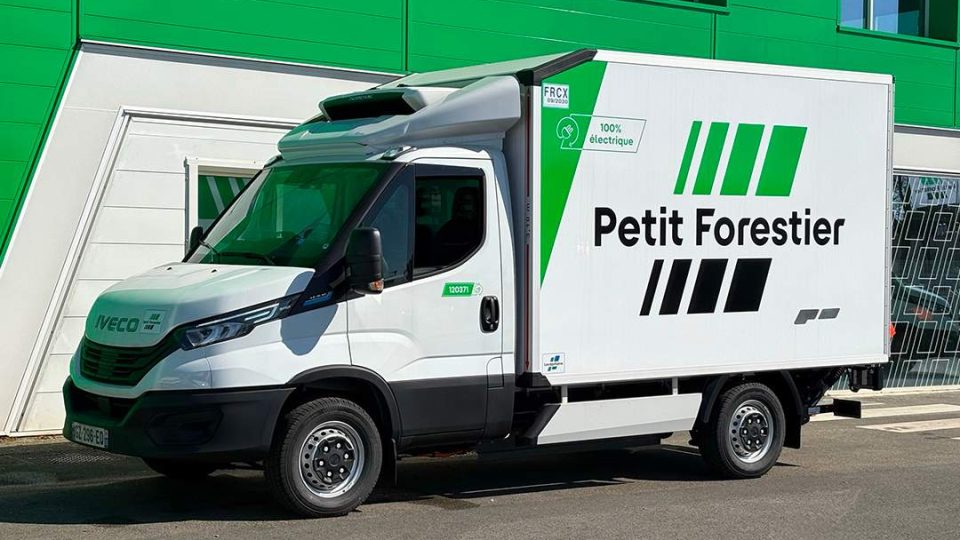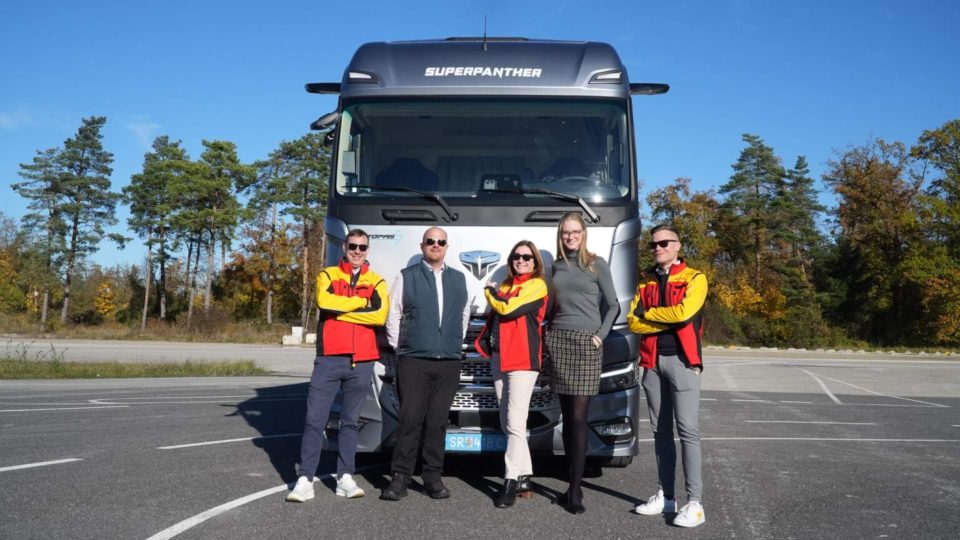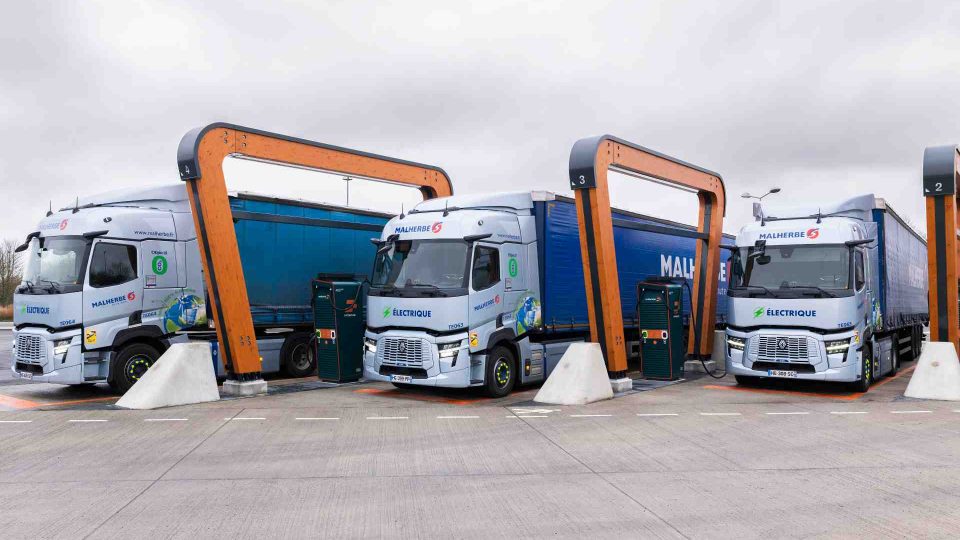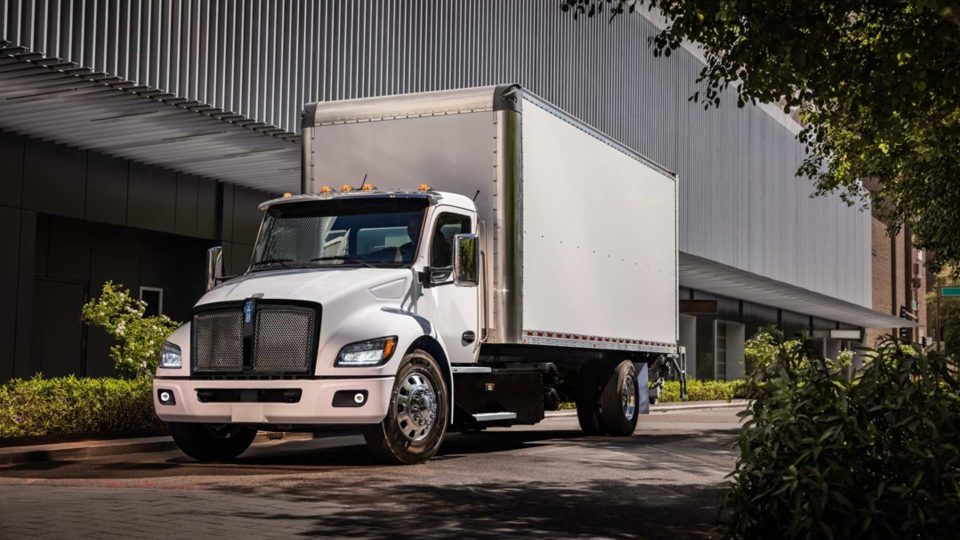IAA 2024, Daimler Truck announces series production of the eActros 600 and launches new TruckCharge brand
Daimler Truck is celebrating the start of series production of the eActros 600 at the end of this November at the Mercedes-Benz Wörth plant. The first customer vehicles of the eActros 600 are due to be produced and registered before the end of 2024. In addition, to make e-mobility simple and profitable for its customers beyond the purchase of electric trucks, Daimler Truck is launching the new TruckCharge brand in Europe to coincide with the start of the IAA. Additional focus on software-defined vehicles, and the GenH2 hydrogen truck.
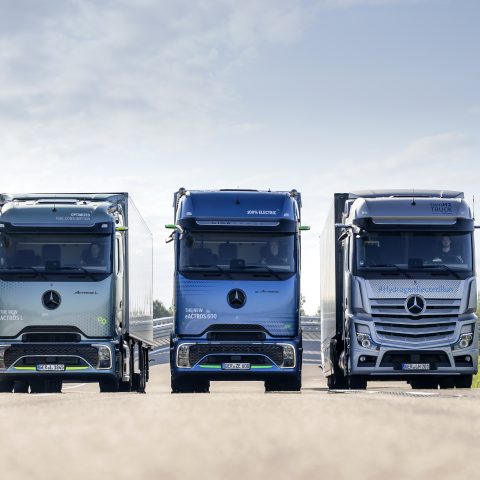
The eActros 600, Mercedes’ flagship for long haulage zero-emission transportation, will start series production in November. Indeed, the latest issue of Sustainable Truck&Van magazine hosts a ‘smart test’ of the electric truck. Here it is, at page 44.
The battery electric truck, unveiled for the very first time during IAA 2022, is be under the spotlight once again in Hannover, right after the challenging European roadshow held during the summer. The high battery capacity of more than 600 kWh and a new, particularly efficient electric drive axle developed in-house enable the eActros 600 to achieve a range of 500 km without intermediate charging. The latter allows the e-truck to run over 1,000 km per day.
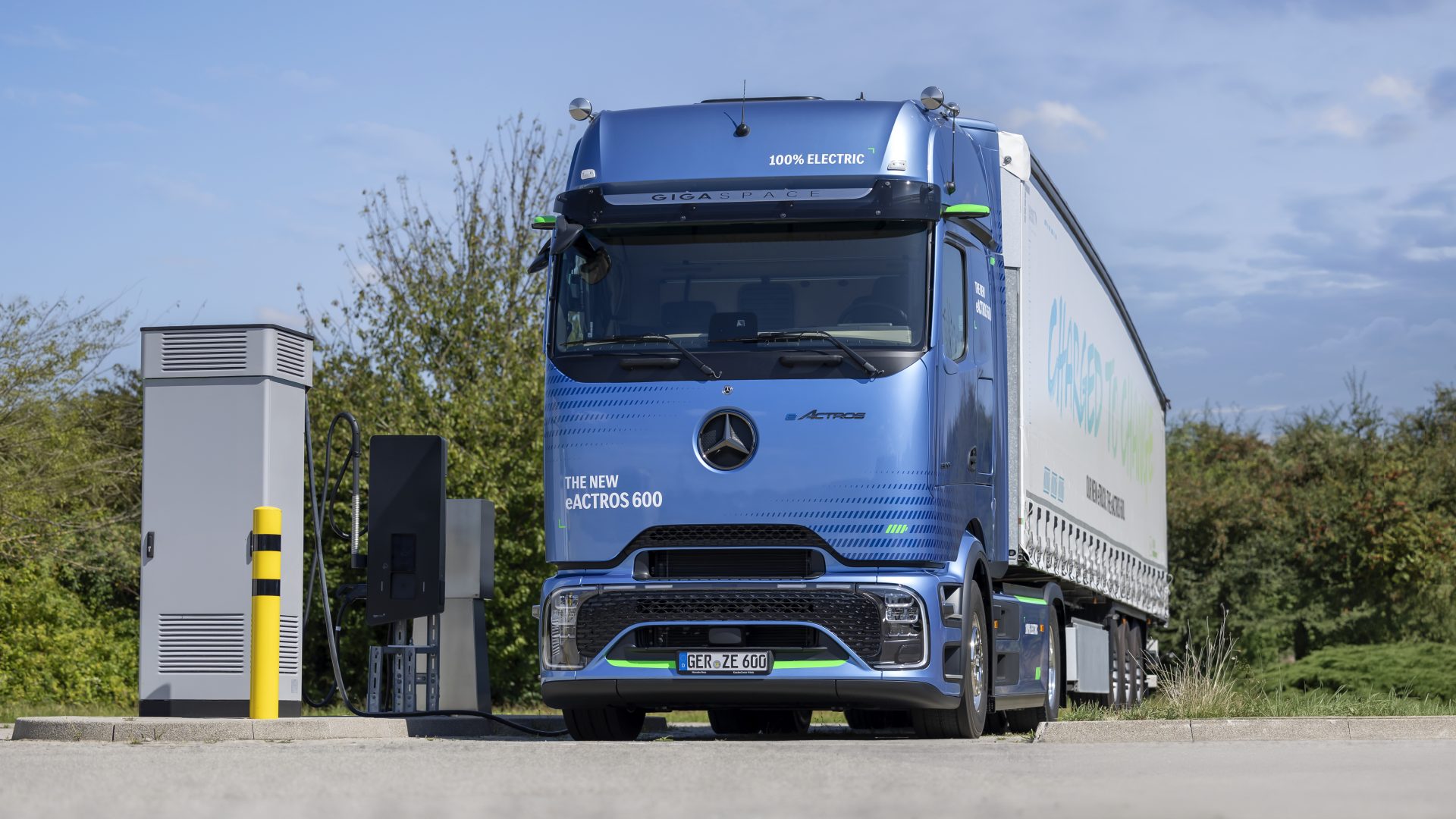
Mercedes eActros: production to start by November
Daimler Truck is celebrating the start of series production of the eActros 600 at the end of this November at the Mercedes-Benz Wörth plant. The first customer vehicles of the eActros 600 are due to be produced and registered before the end of 2024. Also, the Mannheim, Kassel and Gaggenau Daimler Truck plants play an important role here. They supply the components required for the battery-electric drive of the eActros 600, such as the electric axle, transmission components and the front box, which combines numerous high-voltage and low-voltage components and is located in the former installation space of the combustion engine. Since sales began at the end of last year, Daimler Truck already recorded 2,000 orders for the eActros 600.
The eActros 600 will be manufactured on the existing assembly line at the Wörth plant, in parallel and flexibly alongside the diesel-powered trucks. Once all the high-voltage components have been assembled in several production steps, the entire system goes into operation and the truck is ready to drive.
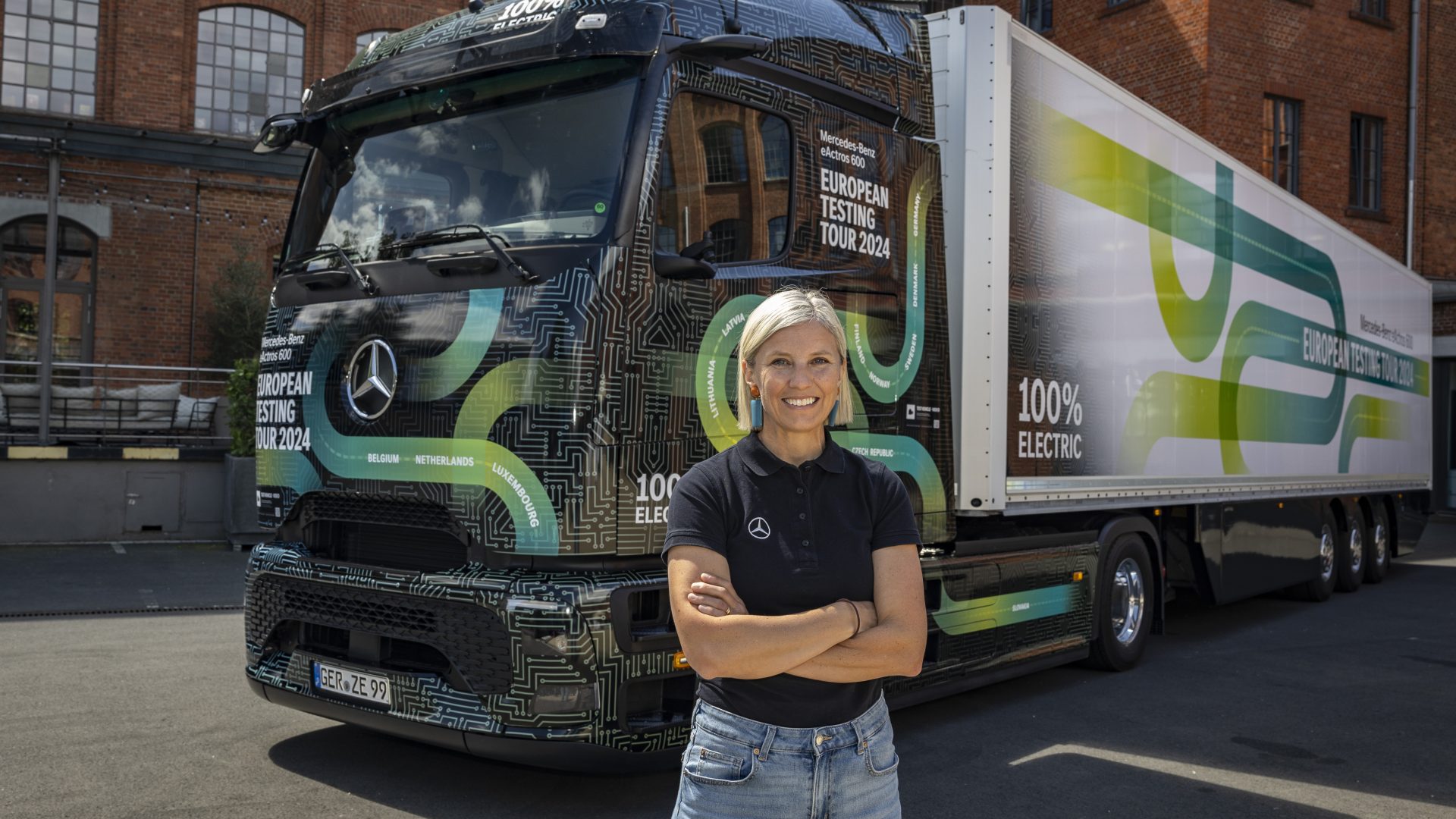
“Our eActros 600 is a strong alternative to a diesel truck, thanks to its range of 500 kilometers on one battery charge. With its high energy efficiency, it will be profitable for fleet operators. Now it is imperative for governments, the energy sector and industry to act together to drive forward the expansion of public charging infrastructure”, commented the next Daimler Truck CEO, Karin Rådström, during the media night held ahead of IAA 2024.
Welcome, TruckCharge
In addition, to make e-mobility simple and profitable for its customers beyond the purchase of electric trucks, Daimler Truck is launching the new TruckCharge brand in Europe to coincide with the start of the IAA. This name brings together the company’s offerings relating to e-infrastructure and the charging of electric trucks, i.e. consulting and infrastructure as well as the operation of electrified depots for transport companies and industrial companies.
Part of the offer includes Fleetboard Charge Management, which provides a holistic overview of all interactions between the battery-electric trucks in the fleet and the company’s own charging stations, the Charging Card, which allows cashless charging on the go, and the financing of the charging infrastructure.
The trucks of the future will be software-defined
In terms of digital transformation, the latest truck-generation, such as the eActros 600 and the Actros L, is already equipped with an evolutionarily improved mechatronics architecture. It enables data processing that is up to 20 times faster than before. Andreas Gorbach, Member of the Board of Management responsible for Truck Technology Daimler Truck, presented at the Daimler Truck IAA Media Night the corporate vision for highly intelligent software-defined vehicles with a time horizon of around ten years. This upcoming technology revolution at Daimler Truck is set to be implemented across the company’s vehicle brands and drive technologies.
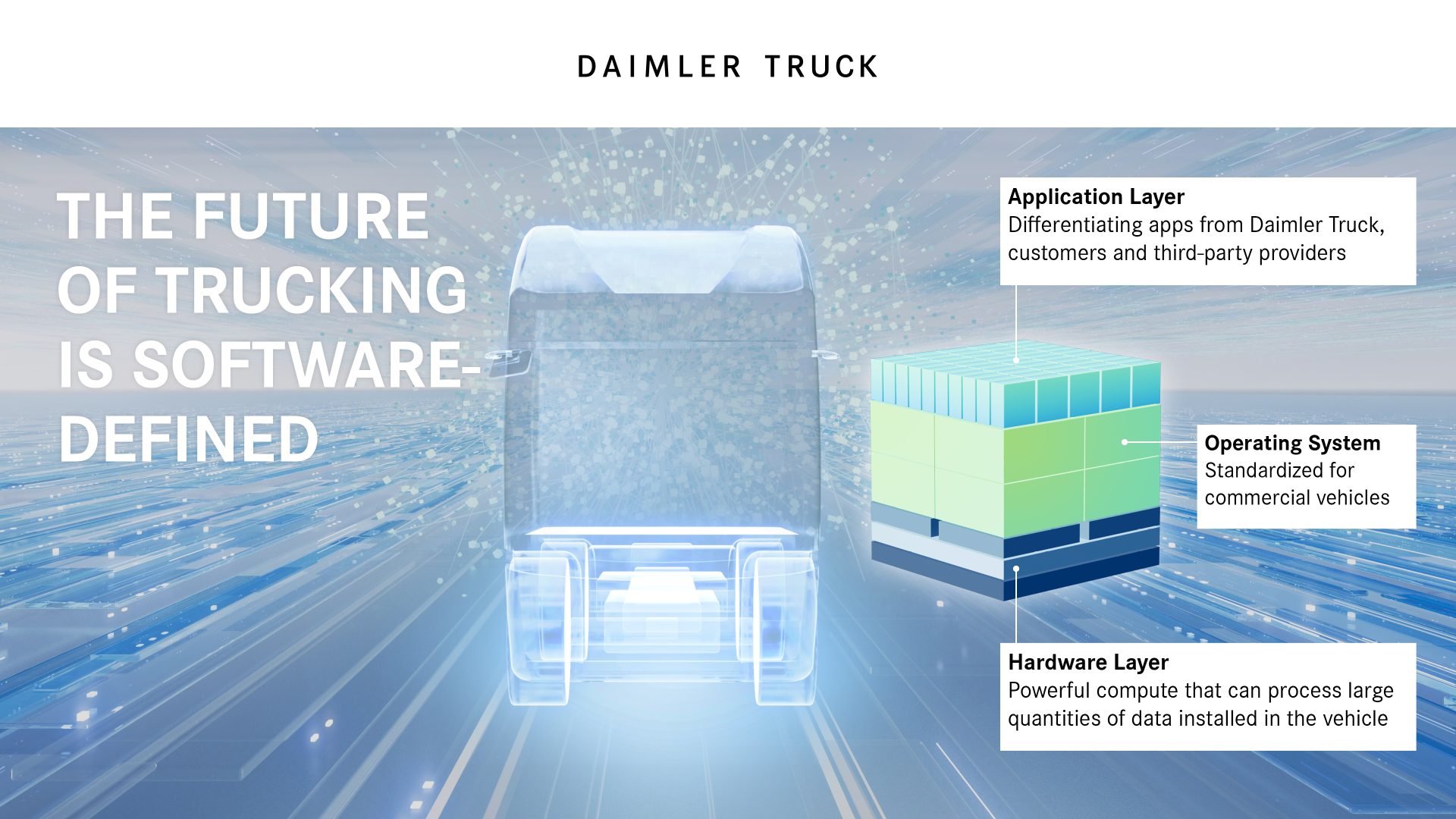
“The future of trucking is emission-free and software-based. That is why we are re-defining our vehicle architecture and intend to develop an industry standard together with Volvo Group: a lean and high-performing architecture with a dedicated operating system. This will enable us to lay the foundation for software-defined commercial vehicles that may offer our customers an unprecedented level of safety, comfort and efficiency”, Andreas Gorbach said at the media night in Hannover.
The joint venture with Volvo
The truck of the future might take on administrative and documentation tasks by, for example, automatically transmitting the freight and delivery papers in digital form or reserving a parking space along with a charging station and a shower slot as well as pre-ordering the driver’s favorite meal. It is also conceivable, for example, for corresponding applications to convey the drivers in virtual form back to the dining table at home in the evening during their rest periods, even if they are physically still in the truck cab. The software-defined truck might become an active business partner for logistics companies, as high-performance computing power makes it possible for large amounts of data – such as topography, traffic or current electricity and hydrogen prices along a route – to be analyzed in real time and optimized “over the air” in the vehicle on a continuous basis.
It is anticipated that the planned joint venture between Daimler Truck and Volvo Group will form the basis for this vision. Specifically, the joint venture is to be tasked with specifying and procuring the central, powerful computing units that will be built into the vehicles in the future and will be able to process large quantities of data. In addition, the joint venture is intended to develop the operating system and programming platform on the basis of which Daimler Truck and Volvo Group will be able to develop their separate differentiating customer applications.



